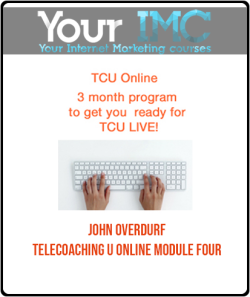John Overdurf – Advanced Coaching Practitioner
$237.00 Original price was: $237.00.$27.00Current price is: $27.00.
Master your mind with the John Overdurf – Advanced Coaching Practitioner course, available for just $237.00 Original price was: $237.00.$27.00Current price is: $27.00. on NLPLib.com! Specializing in Neuro-linguistic programming, we offer premium downloadable courses to transform your communication and personal effectiveness. Dive into NLP Hypnosis and unlock profound insights. Start your NLP journey today!
 John Overdurf – Advanced Coaching Practitioner
John Overdurf – Advanced Coaching Practitioner
Lifetime support – Download unlimited when you buy John Overdurf – Advanced Coaching Practitioner Course at NLPlib. The market leader in online learning – Offers a variety of diverse topics: Internet Marketing, Forex & Trading, NLP & Hypnosis, SEO – Traffic, …
CREATING EXCELLENCE IN YOUR LIFE
1. Know Your Outcome People respond best when they know what they want as opposed to what they don’t want. “Problems are only outcomes.”
2. Be Flexible The person with the most flexibility will be the controlling element in the system. When you haven’t got the outcome you want, change your behavior, not your outcome.“Limitations point to possibilities.”
3. Use Your Senses With Precision To reach your outcome you’ve got to know whether you’re getting closer to it or further away. Learn to read feedback. “Failure is only feedback.”
4. TAKE ACTION, NOW This is personal power. Ask: “how” not “why
THE BASIC PRESUPPOSITIONS OF THE NLP MODEL
1. The map is not the territory.
2. The meaning of your communication is the response you get.
3. Individuals have all of the resources they need to achieve their desired outcomes.
4. Every behavior is motivated by positive intention. People make the best choices they can with the resources they have available.
5. Effective communicators accept and utilize all communication presented to them. Resistance is a sign of insufficient pacing.
6. All outcomes are achievements: there is only feedback.
7. The element in a system that has the most flexibility will be the catalyst of that system. (Law of Requisite Variety.)
8. Respect each person’s model of the world.
MODELING: Given a specific behavior, ability or skill, tangible outcomethat an individual can perform, then one can replicate that behavior, ability or skill in half the time it took to teach the skill originally. Begin with the assumption that all people are equal in terms of physical and mental capabilities, then sort for the differences that make experts expert.
THE SKILLS:
1. Calibration — Ability to notice distinctions.
2. Elicitation — Meta Model.
3. Chunking — Hierarchy of ideas.
4. Sequencing — Strategies
THE CONTENT: MODELING
1. Physiology — Key to rapid state elicitation.Breathing, then posture ect.
2. Filter Patterns — Provides the Values, Meta-Programs, and Beliefs. Answers, “Why?”
3. Strategies — Sequence of Internal representations defined by outcome. Eye accessing, predicates, etc.
Lifetime support – Download unlimited when you buy John Overdurf – Advanced Coaching Practitioner Course at NLPlib. The market leader in online learning – Offers a variety of diverse topics: Internet Marketing, Forex & Trading, NLP & Hypnosis, SEO – Traffic, …
SENSORY ACUITY
Detecting these cues is the basis of CALIBRATION. The basis of calibration is making distinctions. To make distinctions you need to observe at least two states.
EYE ACCESSING ELICITATION
Visual Remembered:
What was the color of your first car?
What was the brightest color of clothing you wore recently?
Is there a mirror in your house that is round?
Which is the largest door in your home?
Visual Constructed:
What would a giraffe with purple hair look like?
What color hair will you have 20 years from now?
What would an elephant with pink polka dots look like?
What are you going to be doing tomorrow?
Auditory Tonal Remembered:
Listen in your mind to your favorite song.
Tune into the sound of the ocean.
Which is louder, a car door slamming or your office door slamming?
Sing the Star Spangled Banner to yourself.
Auditory Tonal Constructed:
What would an elephant sound like in a wind tunnel?
What would a whistle sound like in space?
Auditory Digital:
Recite the pledge of allegiance to yourself.
What do you say to yourself to psyche yourself up?
Kinesthetic:
What does it feel like to float in the water?
Feel the warmth of the sun on your face.
What does it feel like to float in water?
How did you feel the last time you made love?
If the person you are observing does not access, then ask more detailed questions until you can detect eye accessing movements. Use questions that require comparison and contrast:
Which is _____, _____, or _____?…
This is a 7 day Practitioner training, specially geared toward coaching and personal growth. It’s not like any Practitioner Training you’ve ever heard or attended – unless you took this one!
Loaded with new exercises and processes that take this well beyond a typical Practitioner Training, you’ll find this set EXTREMELY practical. It is rich with innovative and creative ideas and approaches to teaching NLP material and training and presentation in general. The set includes two MP3 CDs, edited into 65 tracks for easy listening and reference and includes a few pleasant surprises as well.
You will be given a link where you will find a complete listing of the tracks, the classic NLP manual and hypnotic music loops to deepen your learning and integration.
You’ll also receive a full out studio made Hypnotic Dream Induction for using your dreams for learning, problem solving and unconscious work which includes binaural beats, specially designed trance music and other effects for your unconscious listening pleasure.
Included in the Advanced Coaching Practitioner Training:
Advanced Visual Acuity Skills
Eye Accessing Detection and Utilization
Advanced training in Exceptional States of Observation
Advanced, novel application of Auditory Acuity Skills and Utilization
Application of Quantum Field Theory to Create Rapid and Deep Rapport
Streamlined Approaches to using the meta Model
How to Incorporate Hypnotic Language in Coaching and Everyday Life ethically and effectively
Streamlined Approach to Present state and Outcome State Elicitation
Conversational Approaches to Anchoring
Demonstration of Conversational Chaining of Anchors
Conversational and Integrated Use of Mapping across Sub-Modalities to Change States and Beliefs
Parts Integration Using the Visual Squash
Overview of Beyond Goals- What do I mean by Beyond Goals? It answers the questions: Why goals don’t work? What does?
Invest in lasting growth with the John Overdurf – Advanced Coaching Practitioner course at NLPLib.com! Gain lifetime access to expert-crafted NLP content, designed to boost your skills and personal mastery.
- Lifetime Access: Unlimited access to your purchased NLP courses.
- Exceptional Value: Save up to 80% compared to original course prices.
- Secure Payments: Shop confidently with PayPal, Stripe, and more.
- Practical Skills: Empower your mind with actionable, real-world NLP techniques.
- Instant Download: Begin learning immediately after purchase.
- Learn Anywhere: Access your NLP courses on any device.
Elevate your potential with NLPLib.com!
Request a new course if you still can’t find your favorite course. >> Request now!

$237.00 Original price was: $237.00.$27.00Current price is: $27.00.

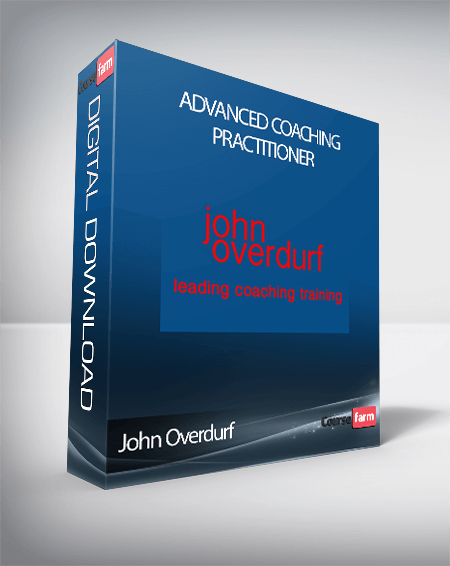
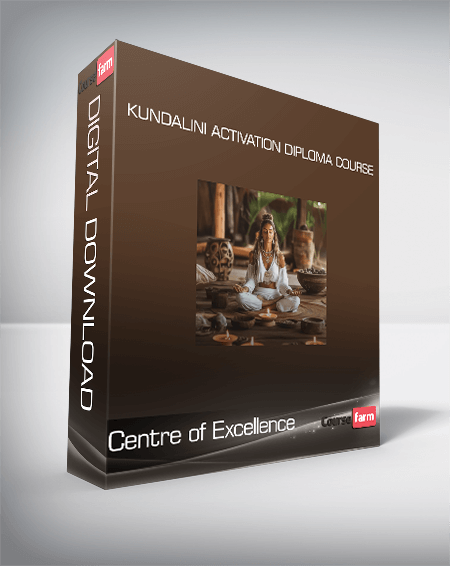
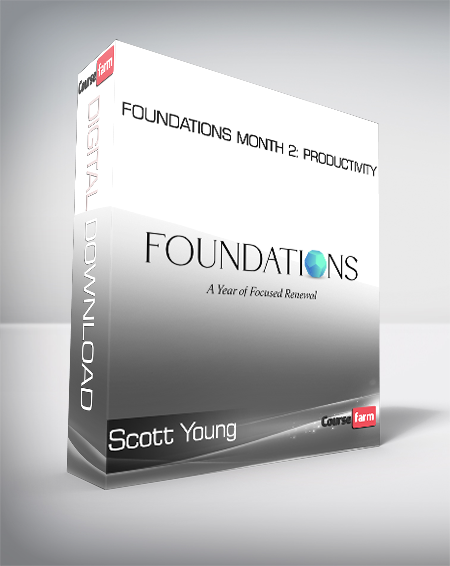
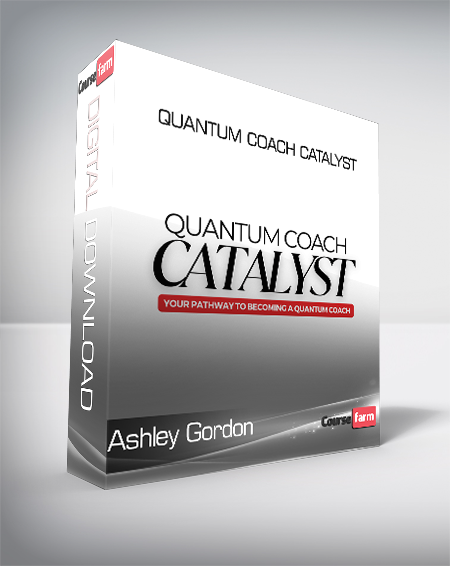

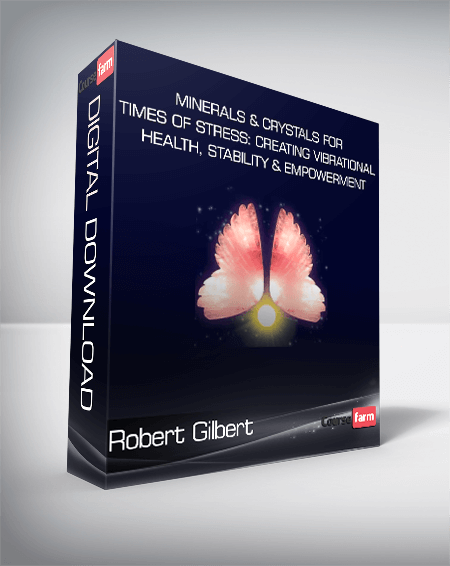
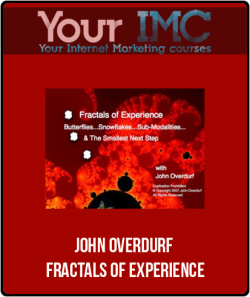
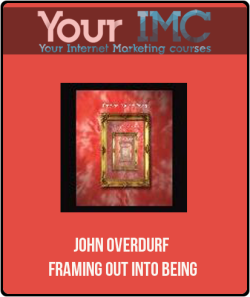

![[Download Now] John Overdurf – Introduction to Coaching Trances](https://nlplib.com/wp-content/uploads/2024/01/John-Overdurf-Introduction-to-Coaching-Trances-250x343-1.jpg)
![[Download Now] John Overdurf – Shapeshifting within the Rhizome](https://nlplib.com/wp-content/uploads/2024/01/John-Overdurf-Shapeshifting-within-the-Rhizome-imc-250x297-1.png)
